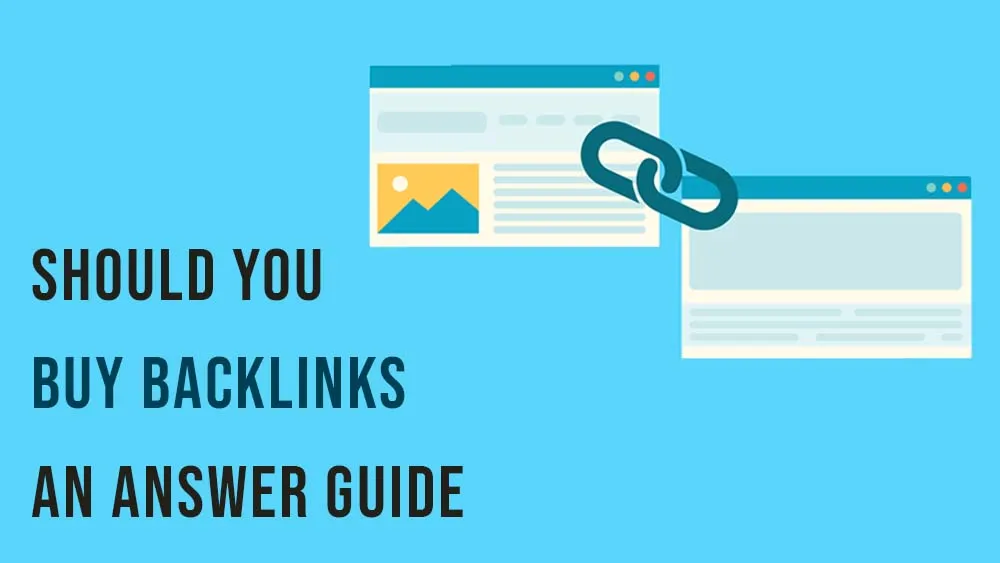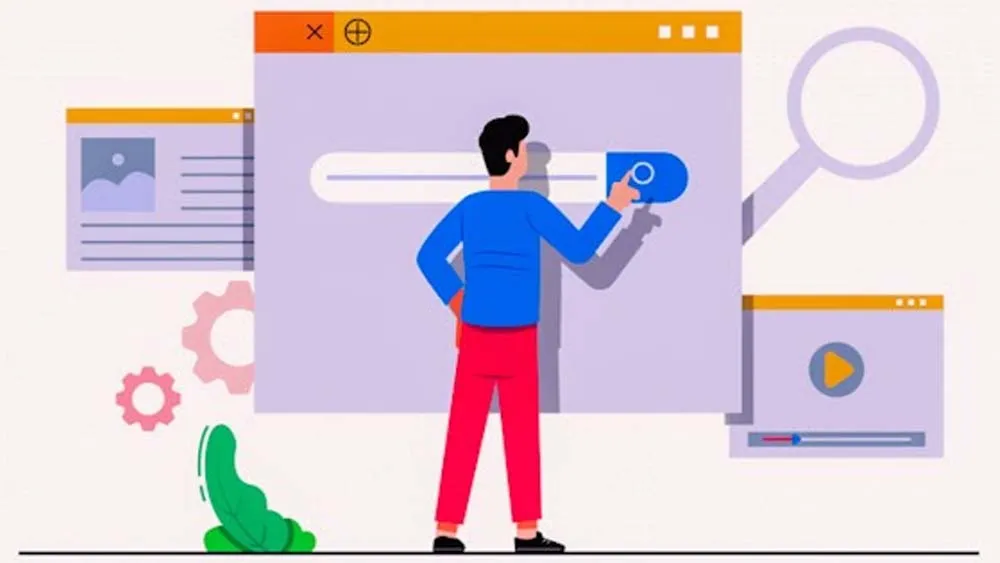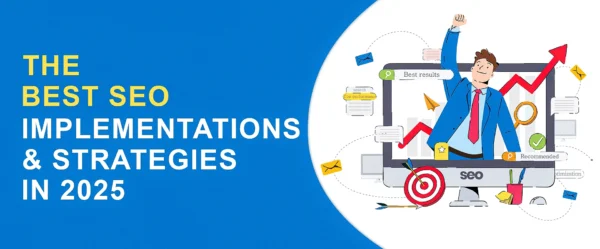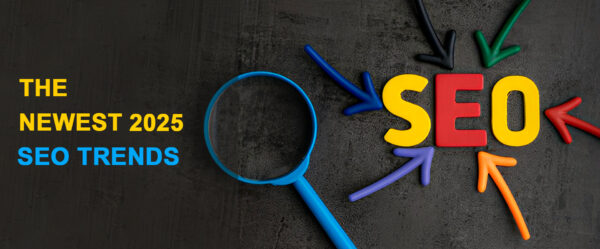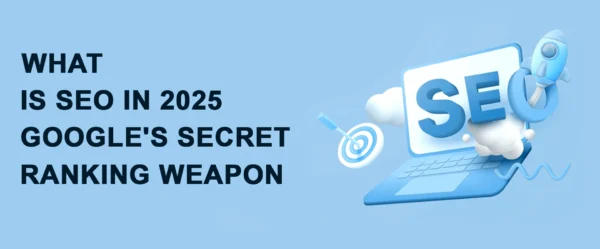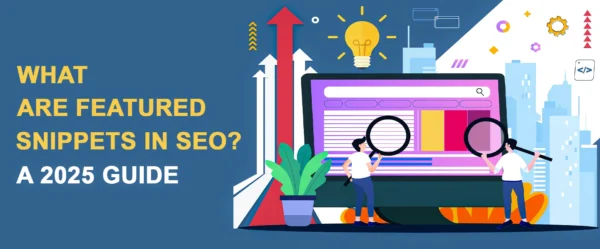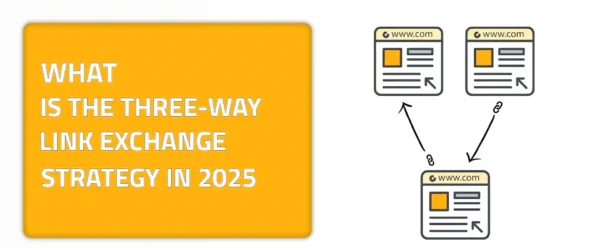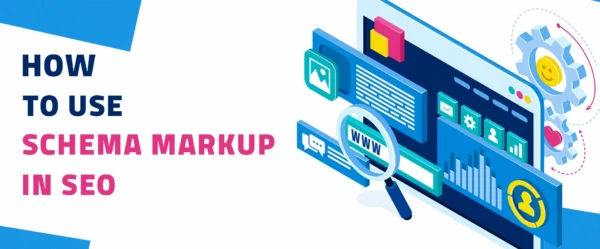Answering whether you should buy backlinks or not is something that is not hard to figure out. However, how can you do it? this is the question that remains to be asked. Understanding your backlink fundamentals is something that is of the essence when creating a strategy for your SEO.
Have you ever wondered how the world would be if you actually had a magic wand? It’s tempting to think that a quick investment like buying links could help boost your website to the top of search engine rankings. Wishful thinking was never a bad thing. But is it really that simple? And more importantly, is it safe? Buying links can seem like an easy shortcut, but the risks involved can be significant.
So, what exactly are these risks? They actually do have a wide range. Maybe it is wider than you can think of. From penalties by search engines to potential financial losses and even legal trouble, the challenges or risks of link buying can easily outweigh the cons you may receive. This guide dives into the various risks associated with buying links. Additionally, we will explore things like ethical concerns, search engine penalties, financial pitfalls, and reputational damage. Fret not, my fellow hobbit; I won’t leave you stranded, as I will also provide you with alternatives for improving your SEO. Ready? Let the games begin.
What is Link Buying?
Link buying, in the simplest terms, is the practice of purchasing hyperlinks from other websites to your own. That is, with the goal of boosting your site’s search engine rankings. In the vast realm of SEO, backlinks are like what I like to call the boost of confidence from one site to another.
The more high-quality links you have pointing to your site, the more authoritative and trustworthy your site appears to search engines like Google. Aka search engines that you couldn’t easily satisfy even if you transformed an animal into a glass goblet. Yes, professor Mcgonagall, I am pointing fingers. Harry Potter jokes aside, this can lead to higher rankings in search results, driving more traffic to your site. Nice right? But it can’t always be as smooth as that? Let me tell you why.
Typically, businesses engage in this by either paying for individual links or through link packages offered by SEO agencies. These links can be placed in blog posts, directories, or even as hidden links on web pages. Some common practices include guest blogging with a backlink included and paying for a spot on a high-authority site’s resource page.
Additionally, some include more dubious methods, like using private blog networks (PBNs), where multiple websites are created solely to generate backlinks. While the idea of buying links might sound straightforward, the reality is far more, well, real. Real is always tough so… The quality and relevance of the links, as well as the reputation of the sites they come from, play crucial roles in how search engines evaluate these backlinks. So why do businesses do it anyway? Let me tell you that as well.
Why Do Businesses Buy Links?
Well, the answer is kind of long but simple. Businesses are constantly seeking ways to boost their visibility and rankings on search engines. One controversial method is buying links. But why subject myself to a controversial method that can lead to me dealing with many unwanted risks? That is because the benefits they get are so alluring that refusing this approach would be like refusing free cigarettes for smokers. So what are they? Come closer and I’ll tell you.
- Quick Boost in SEO Rankings: One of the main reasons businesses buy links is to see an immediate improvement in their search engine rankings. Quality backlinks are the key to such improvement. By acquiring links from high-authority sites, businesses hope to climb the ranking mountain faster than they should.
- Increased Website Traffic: Higher search engine rankings typically lead to more organic traffic. That is because more visibility means more clicks. Furthermore, more clicks can translate into more customers. For businesses looking to increase their web presence rapidly, buying links can seem like an attractive option. If only they would know what’s behind the curtains.
- Short-term Gains vs. Long-term Strategy: While the immediate benefits might be seductive enough, the long-term strategy often suffers from some cracks. Buying links might provide a quick boost, but it’s not a sustainable practice. Over time, search engines have become more sophisticated at identifying and penalizing paid links. This is something that can eventually lead to significant setbacks.
Should You Buy Backlinks? Ethical Concerns That You Should Be Aware of
When it comes to discussing things that have a certain ethical side to it, ethics becomes my middle name. Why am I emphasizing this? Because this is the Tim Burton tree stem that roots all kinds of risks and problems. One of the primary issues you may face is the violation of search engine guidelines. Google, for example, has strict rules against buying and selling links to manipulate search rankings.
You know police hounds that sniff drugs on a DEA bust? This is exactly Google with buying backlinks. When businesses choose to use this specific approach, they have manipulation in mind. Let me tell you that playing games with Google or search engines in general isn’t the smartest move to be made. That is because this simply leads to getting caught eventually and having some penalties applied to your website that may lead to it’s downfall.
You have to take into consideration the impact on the integrity of search results. This is another concern that you may encounter. You have to know that the goal of search engines is to provide users with relevant and high-quality results that support their needs. When buying links starts distorting their process and leading to lower-quality sites appearing higher than in SERPs, this is when they start noticing that “something wicked this way comes.”
White-Hat SEO and Black-Hat SEO: It’s All About The Ethics
This brings us to the concept of white-hat vs. black-hat SEO. White-hat SEO refers to ethical practices that follow search engine guidelines, such as creating valuable content and earning links naturally. In contrast, black-hat SEO includes deceptive tactics like buying links.
While black-hat methods might offer short-term gains, they come with high risks and potential long-term damage. Sticking to white-hat strategies ensures sustainable growth and maintains the integrity of the SEO ecosystem. I know that life is all about the essence of both colors and the balance between the yin-yang; however, this is one scenario where white actually prevails.
Should You Buy Backlinks? Understanding Search Engine Penalties
When it comes to buying links, one of the most significant risks is facing penalties from search engines like Google. These penalties can severely damage your website’s visibility and traffic. But what exactly are these penalties, and how do they impact your site? There are exactly two main types of penalties that I can talk about within the context of buying backlinks. These types are manual penalties and algorithmic penalties. Let’s uncover more about them below.
Manual Penalties
A manual penalty is one that a reviewer at Google has determined is in violation of their policies, so they apply one manually. Having a manual penalty applied to your website can drastically lower your search rankings or even remove your site from search results altogether. One memorable penalty is one that Google applied for BMW.
Yes, you read that right. In 2006, BMW’s German site was temporarily removed from Google’s index due to deceptive practices involving using doorway pages. This is something that Google listed as “deceptive” and “illegal.” Not cool, I know.
Algorithmic Penalties
The second penalty type I have for you is algorithmic penalties. Google’s algorithms, such as Penguin, which specifically targets link schemes, automatically apply these. If your site’s link profile appears unnatural or manipulative, an algorithmic penalty can result in a sudden drop in rankings.
Financial Risks: Cost of Buying Links and Potential for Wasted Investment
When considering the financial risks associated with buying links, it’s crucial to understand both the immediate costs and the potential for wasted investment. Buying links can be expensive, with prices ranging from a few dollars to several hundred dollars per link, depending on the website’s authority and relevance. However, there is so much more behind those costs.
Imagine investing thousands of dollars in a link-building campaign only to find out that search engines like Google have flagged the links you purchased. Believe me, you have to make sure that the links you buy are of great quality and from a reputable website or domain.
Should You Buy Backlinks? Alternatives to Buying Links
Instead of risking penalties and damaging your reputation by buying links, consider ethical alternatives that focus on long-term success. White-hat SEO strategies emphasize quality content and user experience. How so? By producing valuable, relevant content, you naturally attract backlinks from reputable sources.
Building organic backlinks involves creating linkable assets like informative articles, infographics, and videos that others want to share. Content marketing and outreach further enhance this by promoting your content through social media, guest blogging, and collaborations with webinars or events that actually support your industry. These methods not only improve your SEO but also establish your authority and trustworthiness.
Conclusion
Buying links might offer quick SEO gains, but the risks—search engine penalties, financial losses, and reputational damage—are too important to turn your back on. Embracing ethical link-building strategies ensures sustainable growth and a solid reputation. You can try out buying backlinks from reputable domains and platforms that Google ranks highly and grants them great domain authority.


